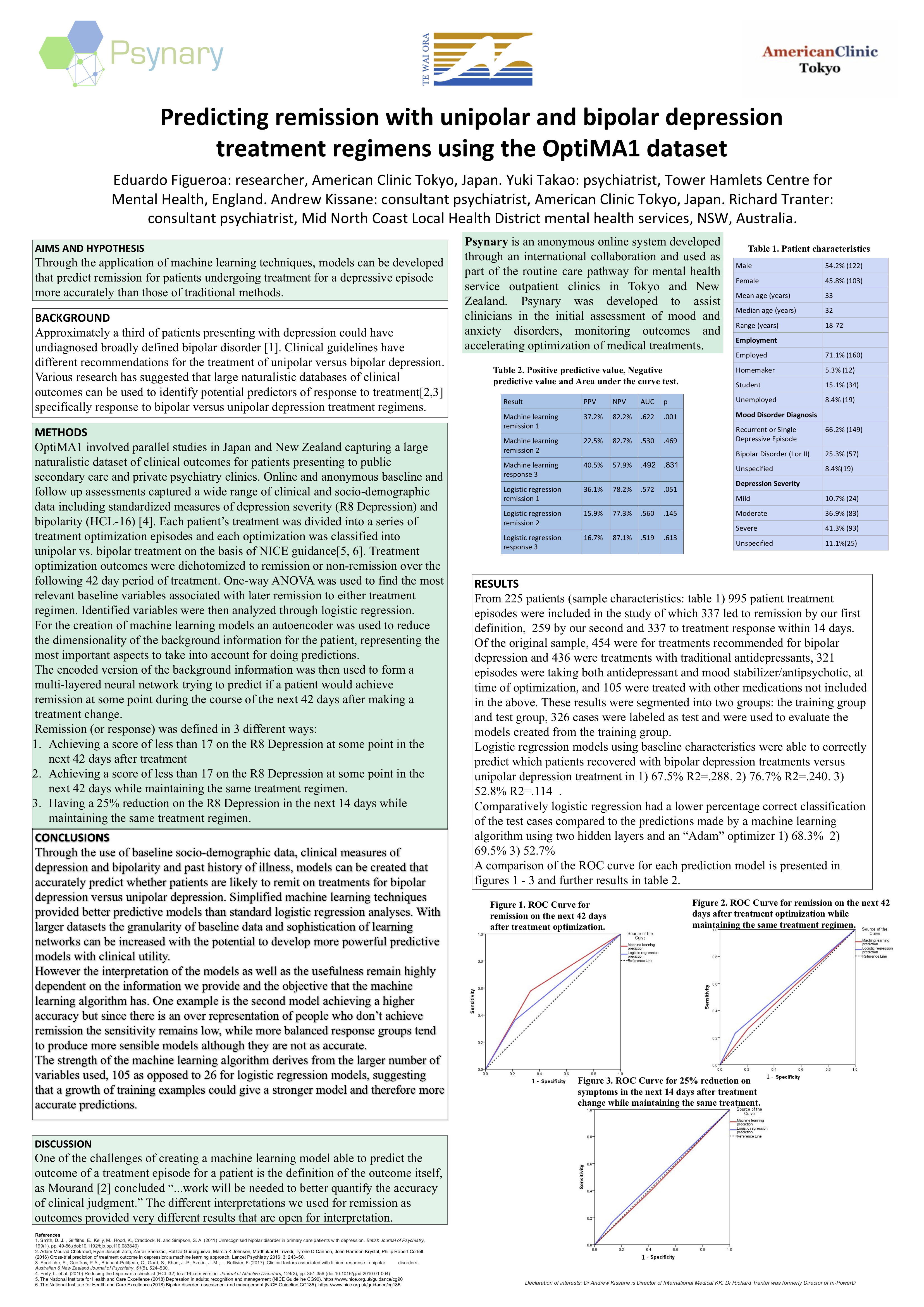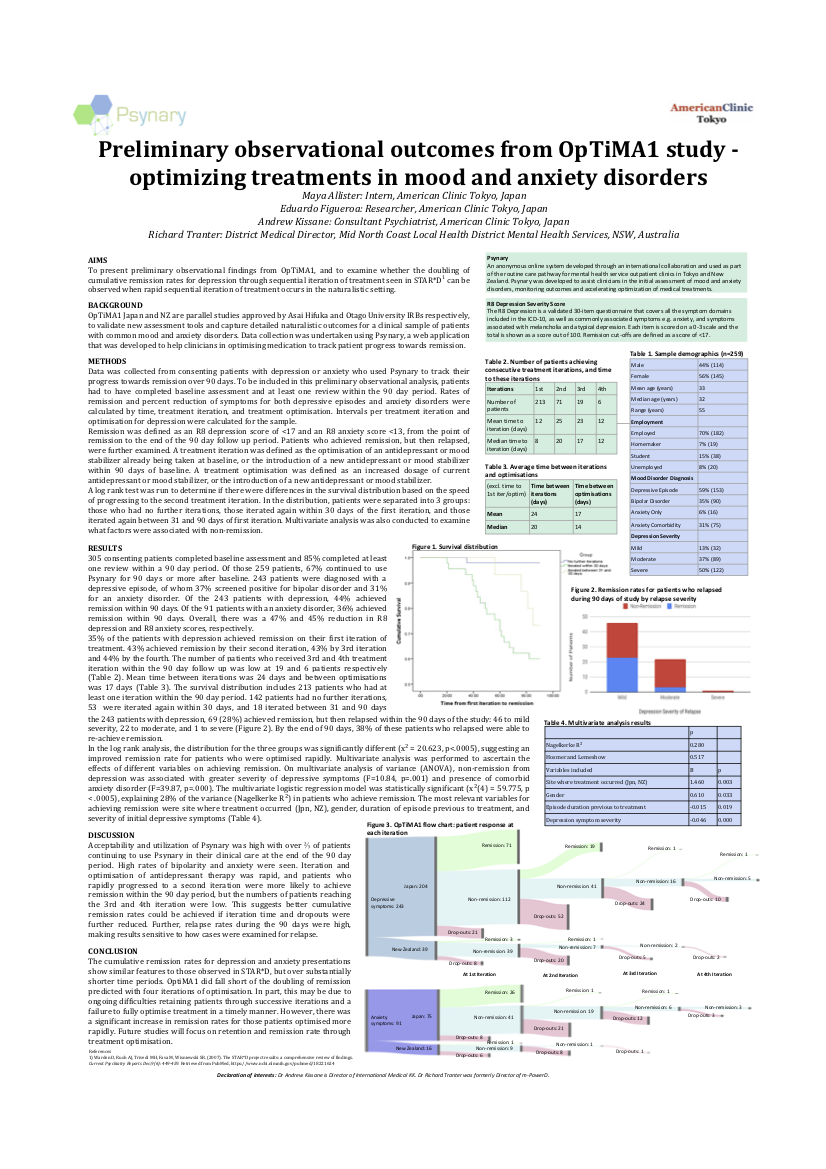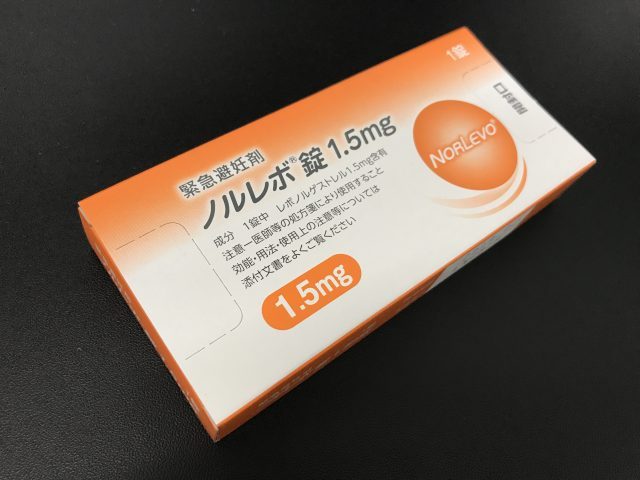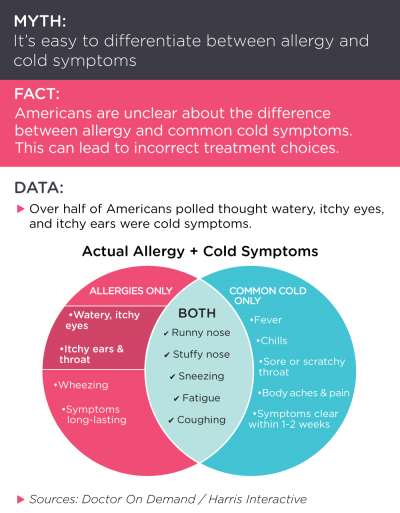
Predicting remission with unipolar and bipolar depression treatment regimens using the OptiMA1 dataset




World Health Organization data indicate that influenza A viruses were by far the most common cause of illness in the Southern Hemisphere’s 2018 flu season, with subtype A (H1N1) pdm09 dominating overall.
Last flu season was deadliest since 1976, CDC says: The US saw about 80,000 deaths related to flu and complications from the illness last winter, the most since 1976, according to the CDC. Nearly all the deaths — 90% — were in people at least 65 years old.
Get flu shot by end of Oct., CDC advises: The CDC is calling for people ages 6 months and older to be vaccinated against seasonal flu by the end of October. Because it takes about two weeks after vaccination for people to develop antibodies against influenza, they should receive the vaccine before the virus starts circulating nearby. Flu vaccination is the best way to protect those most at risk.
Since the launch of our website in October 2013, we have reached 250,000 views. Your interest and support have helped our growth. Your kind support will allow us to serve you better. Thank you!
Urinary tract infections (UTIs) happen when bacteria get into the urethra and travel up into the bladder. They are among the most common infections in people, and antibiotic treatment is usually helpful in treating an infection.
If the infection stays just in the bladder, it is a called “cystitis.” Common symptoms include pain or burning when urinating, urinary frequency or urgency, blood in the urine. Treatment will usually require a 3-5 day course of antibiotics.
But if the infection travels up past the bladder and into the kidneys, it is called “pyelonephritis.” Common symptoms include fever, flank pain, nausea, and vomiting. Treatment will usually require a 7-14 day course of antibiotics.
More information can be found here: https://www.uptodate.com/contents/urinary-tract-infections-in-adolescents-and-adults-beyond-the-basics
If you have any questions, feel free to call us at 03-4405-6210 and talk with one of our nurses.
The Japanese National Tourism Organization has prepared a guide for travelers in Japan. You can search medical facilities by area or keyword. The page is also available in Korean and Chinese.

Oral contraceptive (levonorgestrel) NorLevo® was released for prescription in Japan in April 2016. It is better known as Plan B (morning after pill) in the United States. This pill is a single pill you take by mouth. It must be taken within 72 hours (3 days) after unprotected sex or birth control failure to help prevent pregnancy. The sooner you take it, the better it will work for you.
When used as directed, oral contraceptives are generally safe and effective. But it shouldn’t be used as regular birth control because it’s not as effective. Some may experience side effects, such as Nausea, Abdominal cramps, Fatigue, Headache, Dizziness, Breast tenderness, Vomiting, and a period that is lighter, heavier, early, or late. It is used for emergency contraception only and not during pregnancy. Please note that his pill will not protect you against HIV/AIDS or other sexually transmitted infections (STIs).
You will know it worked when you get your next period, which should come at the expected time. If your period is more than a week late, it is possible you may be pregnant. You should get a pregnancy test and follow up with your doctor. If you have questions, call us at 03-4405-6210 and talk with one of our nurses.

Pick up your free copy at our clinic. 
海外赴任ガイド2017年度版も贈呈中です。
Be on the lookout for flu symptoms and know what to do if you or a family member gets sick with the flu. Learn more about flu treatments and taking care of yourself or others: http://bit.ly/2jHZSYt.
